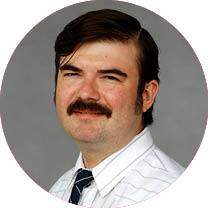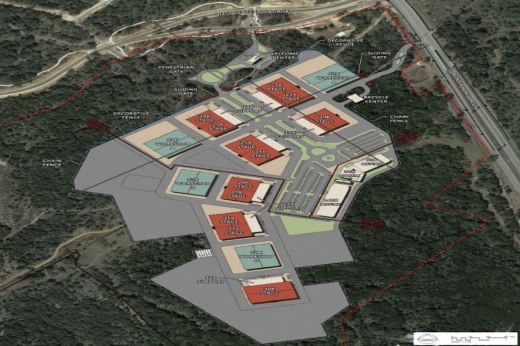Council Member Maxfield Baker provided the dissenting vote.
Previously, the Economic Development San Marcos Board voted 8-1 in November to move forward with the agreement—previously referred to as “Project Dark Monday”—with Baker, who also serves on the board, dissenting.
The location of the proposed studio, 6202 W. Center Point Road, would be built on a 75-acre portion of a 209-acre tract in the La Cima development. Build-out of the studio is expected to be completed by the end of August 2025, and at least 22 full-time employees are required by the end of that year, per the agreement. By the end of the agreement, 44 full-time employees are expected to be maintained.
Capital investment in the project is projected at $267 million, according to city documents. The city will begin allocating tax rebate payments per the Chapter 380 agreement in 2025 at 90%, then at 80% in year two, decreasing by 20% each year, ending in 2030. Those payments could add up to $4.6 million. The city estimates it will retain around $11.5 million over a decade.
While the agreement requires anyone employed to work on the project to make at least $15 an hour, full-time employees are anticipated to make an average salary of $100,000, and more than 1,200 contract workers on average are expected to make an average of $80,000, said Kelsee Lee Jordan, economic and business development manager for the city.
Under the agreement, San Marcos CISD will not provide any tax abatement and is projected to collect an estimated $3.1 million a year in property taxes over a 10-year period, beginning in 2025, according to the presentation.
The project is located over the Edwards Aquifer Recharge Zone, something that residents spoke to during public comment, and city staff said dozens of emails were answered from San Marcos residents voicing concern.
In response to that concern, Assistant City Manager Joe Pantalion said the studio is promising its design provides for 48% impervious cover and stormwater recovery mechanisms. Typical projects with similar zoning are allowed up to 80% impervious cover.
“I have never received this many emails on any one subject as long as I've been involved in government here. It shows that people care and are paying attention, and that's extremely important,” Council Member Mark Gleason said. “If I thought this was going to have a real detrimental impact on the aquifer—I don't think any of my colleagues want to see the environment harmed in any way, shape or form. And I think we're probably not going to get any kind of a better outcome than this as far as 48% of impervious cover,” Gleason said.
Baker made a motion to postpone the vote, as some questions he sent to city staff were not addressed prior to the meeting. He went on to ask whether there is a protocol in the agreement for failure of stormwater mitigation systems or potential aquifer contamination.
“So the other thing that was mentioned is, you know, all this like stormwater management and protections and requirements. But as I pointed out before, what happens when there's a failure in any of those who's left responsible, what liability is imposed on them? Does it do anything to actually impact and rejuvenate our aquifers? If say they have some big stupid production going on? And sometimes production studios use explosions,” Baker said.
The project would be divided into two phases, with seven production stages, two workshops, a welcome center and 250,000 square feet of office space in Phase 1 and five more stages and two more workshops proposed for the second phase of construction.





